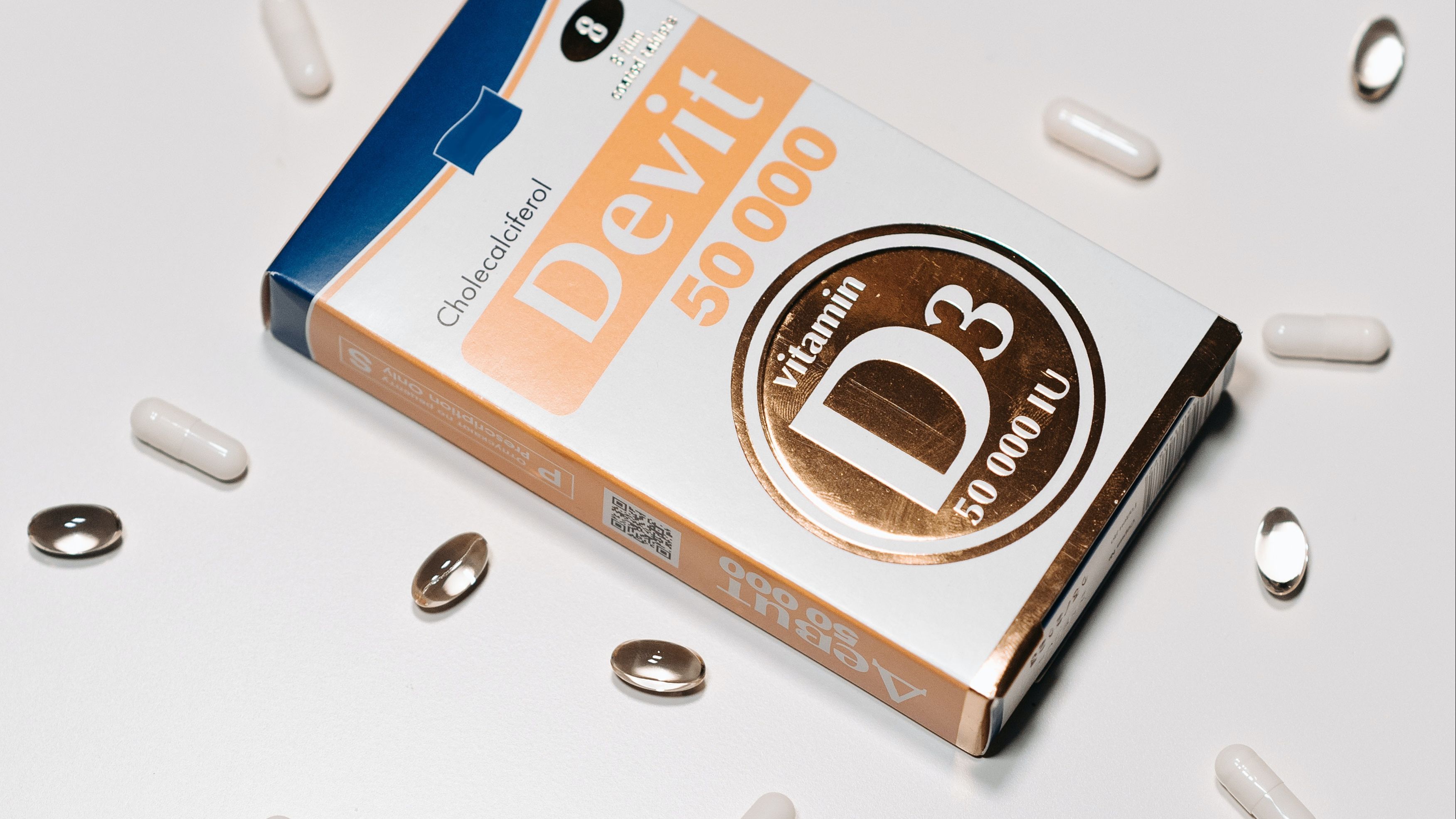How Vitamin D Supplements Help Cancer Patients

Vitamin D is an essential nutrient and precursor of a potent steroid hormone that regulates many physiological processes in the body. It is known for its roles in bone metabolism and calcium homeostasis, but may also play a key role in the prevention and treatment of many extra-skeletal diseases such as cancer. This occurs by regulating cellular proliferation and metabolism.
Vitamin D is a fat soluble vitamin that is enzymatically converted in the liver to 25-hydroxyvitamin D, the circulating form of Vitamin D and then in the kidney to 1,25-dihydroxyvitamin D, the active form of vitamin D. Serum vitamin D levels range from 30-100, but optimal Vitamin D levels are considered 60-80. Appropriate dosing is based on serum vitamin D level.
In Western societies, Vitamin D deficiencies occur in several special populations, including older adults; vegans; new immigrants; the very poor; patients with alcoholism, malabsorption, little sun exposure, history of gastric bypass surgery, or inborn errors of metabolism; and those undergoing hemodialysis or receiving parenteral nutrition.
There is a lot of literature focusing on vitamin D, cell proliferation and cancer and some studies suggest there is a strong association with vitamin D deficiency and cancer while others are inconclusive. The WHO working group (World Health Organization) identified risk of colon cancer associated with vitamin D deficiency while studies involving breast cancer were inconsistent. Studies that have examined the cellular mechanism of Vitamin D in ovarian cancer suggests that it exhibits protective and anti-tumorigenic activities through genomic and nongenomic signal transduction pathways.
Overall, there is not sufficient data to support high dose vitamin D supplementation in cancer prevention, however, it is imperative to treat any vitamin D deficiency as it plays critical roles in the body.
Sources:
- UpToDate Overview of vitamin D
Sassan Pazirandeh, MD, David L Burns, MD
Oct 14, 2019
2. Exploring Vitamin D in metabolism and function in cancer
Sang, Min Jeon et al. Exp Mol Med 2018
3. The Role of vitamin D in ovarian cancer: epidemiology, molecular mechanism, and prevention
Hui Guo et al. J Ovarian Res. 2018


